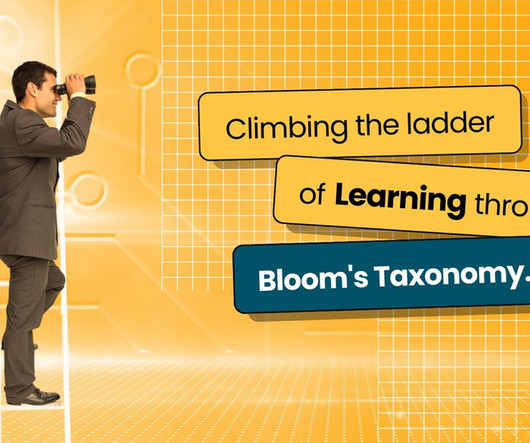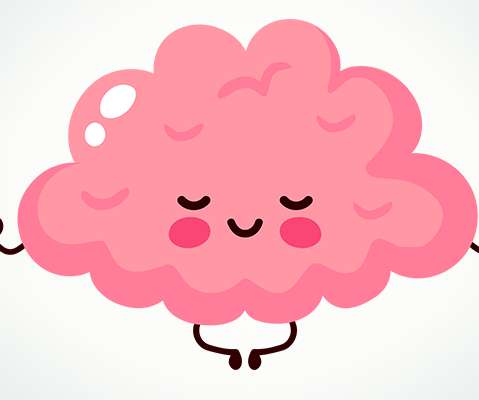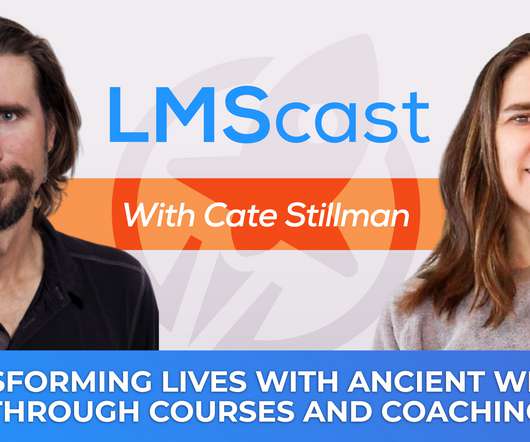Stories and Memory, Games, LXD: ID Links 12/12/23
Experiencing eLearning
DECEMBER 12, 2023
Moreover, this result was robust, not influenced by the inclusion of a single effect-size or single study, and not moderated by various study characteristics. Clark Quinn Case Study: Effective Branching Scenarios for Training A case study of branching scenarios as part of a larger training program.

































Let's personalize your content